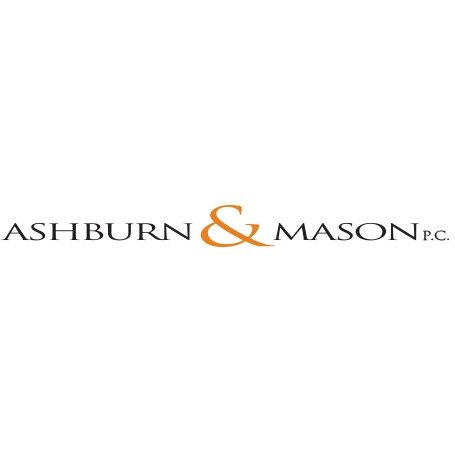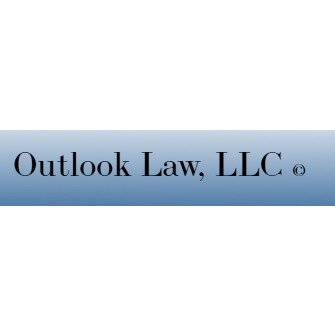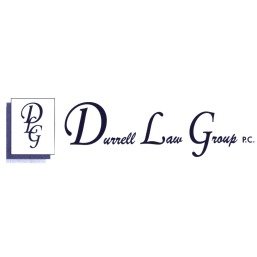Best Government Relations & Lobbying Lawyers in Alaska
Share your needs with us, get contacted by law firms.
Free. Takes 2 min.
Or refine your search by selecting a city:
List of the best lawyers in Alaska, United States
About Government Relations & Lobbying Law in Alaska, United States
Government relations and lobbying law in Alaska governs how private individuals, businesses, nonprofits, and other organizations can communicate and interact with state government officials to influence public policy, legislation, or administrative action. In Alaska, as in other states, these laws aim to ensure transparency and fairness in the decision-making process while regulating the activities of lobbyists and the disclosures they must provide. Engaging with government officials on issues ranging from environmental regulation to public infrastructure is common, and understanding the legal requirements is essential for both lobbyists and those seeking to impact policy.
Why You May Need a Lawyer
There are several situations in which you may need legal assistance in the field of government relations and lobbying in Alaska. A lawyer experienced in this area can help you:
- Determine whether your activities require registration as a lobbyist under Alaska law
- Navigate compliance with strict reporting and disclosure requirements
- Understand restrictions, such as gift-giving or campaign contributions to public officials
- Respond to audits, investigations, or enforcement actions by regulatory bodies
- Draft or review contracts and agreements related to lobbying efforts
- Interact with state agencies or legislative bodies while avoiding conflicts of interest
- Clarify the differences between permitted advocacy and prohibited activities
- Represent your interests in proceedings involving ethical complaints or alleged violations
Local Laws Overview
Alaska's government relations and lobbying laws are primarily governed by the Alaska Lobbying Law (Alaska Statutes Title 24, Chapter 45). The Alaska Public Offices Commission (APOC) enforces these rules and regulations. Key aspects include:
- Registration Requirement: Anyone who communicates directly with public officials to influence legislative or administrative action for more than 10 hours in a 30-day period, or who is compensated over $500 in a calendar year for such activities, must register as a lobbyist with APOC.
- Disclosure and Reporting: Registered lobbyists and their employers must file detailed reports disclosing contacts, expenditures, and issues discussed with public officials, generally on a quarterly basis.
- Gift and Campaign Contribution Restrictions: Alaska law restricts lobbyists from giving gifts or making campaign contributions to certain public officials and during the legislative session.
- Contingency Fee Prohibition: Lobbyists cannot be paid based on the passage or defeat of specific legislation.
- Waiting Period: Certain former public officials must wait for a period after leaving office before they can lobby the agency or branch where they worked.
- Penalties: Violating these laws can result in fines, license suspension, or criminal prosecution.
Frequently Asked Questions
What is considered lobbying in Alaska?
In Alaska, lobbying means engaging in efforts to influence legislative or administrative action through direct communication with public officials, on behalf of another, for compensation.
Do I need to register as a lobbyist if I only lobby occasionally?
You must register if you spend more than 10 hours in a 30-day period, or are paid over $500 in a year, engaging in lobbying activities.
Who oversees lobbying activities and compliance in Alaska?
The Alaska Public Offices Commission (APOC) administers the state’s lobbying laws, handling registrations, reports, audits, and enforcement.
What are the reporting requirements for lobbyists?
Registered lobbyists and their employers are required to file periodic reports, usually quarterly, disclosing lobbying expenses, contacts, and issues discussed.
Are there restrictions on gifts or entertainment provided to legislators?
Yes. Alaska law strictly limits gifts, including entertainment, that a lobbyist may provide to a legislator or public official, with few exceptions.
Can former legislators become lobbyists immediately after leaving office?
No. There is a mandatory waiting period for former legislators and certain high-level government officials before they can engage in lobbying activities targeting their former branch or agency.
Are there any prohibited lobbying practices?
Yes. Alaska prohibits contingency fee arrangements, bribery, and misrepresentation, among other practices, in lobbying.
Are nonprofit organizations required to comply with lobbying laws?
Nonprofits that directly lobby public officials may be required to register and report, depending on the nature and extent of their lobbying activities.
How are violations of lobbying laws penalized?
Penalties for violations can include fines, suspension or revocation of lobbyist registration, and in severe cases, criminal charges.
Where can I get legal forms or additional information?
Forms, guidelines, and further information are available through the Alaska Public Offices Commission (APOC).
Additional Resources
Several resources can provide more information and assistance regarding government relations and lobbying in Alaska:
- Alaska Public Offices Commission (APOC) - The primary state entity for lobbyist registration, filing, and compliance information.
- State of Alaska Legislature - Provides legislative schedules, contact information for legislators, and bill tracking tools.
- Alaska Bar Association - Offers lawyer referrals and publishes resources for compliance with state laws.
- Office of the Attorney General, State of Alaska - Handles investigations and legal enforcement related to lobbying and ethical conduct.
Next Steps
If you believe legal advice or representation is necessary for your government relations or lobbying activities in Alaska, consider the following steps:
- Document your current activities and potential plans for lobbying or government interaction.
- Review the Alaska Public Offices Commission’s guidelines and forms to determine your registration and reporting obligations.
- Consult with an attorney experienced in Alaska government relations and lobbying law for tailored advice.
- If facing a complaint or investigation, seek legal counsel immediately to protect your rights and ensure compliance.
- Stay informed about legal and regulatory updates that may affect your activities by subscribing to state agency updates or seeking periodic legal review.
An attorney can help you navigate complex regulations and minimize the risk of penalties, allowing you to participate effectively and legally in the policymaking process in Alaska.
Lawzana helps you find the best lawyers and law firms in Alaska through a curated and pre-screened list of qualified legal professionals. Our platform offers rankings and detailed profiles of attorneys and law firms, allowing you to compare based on practice areas, including Government Relations & Lobbying, experience, and client feedback.
Each profile includes a description of the firm's areas of practice, client reviews, team members and partners, year of establishment, spoken languages, office locations, contact information, social media presence, and any published articles or resources. Most firms on our platform speak English and are experienced in both local and international legal matters.
Get a quote from top-rated law firms in Alaska, United States — quickly, securely, and without unnecessary hassle.
Disclaimer:
The information provided on this page is for general informational purposes only and does not constitute legal advice. While we strive to ensure the accuracy and relevance of the content, legal information may change over time, and interpretations of the law can vary. You should always consult with a qualified legal professional for advice specific to your situation.
We disclaim all liability for actions taken or not taken based on the content of this page. If you believe any information is incorrect or outdated, please contact us, and we will review and update it where appropriate.
Browse government relations & lobbying law firms by city in Alaska
Refine your search by selecting a city.














